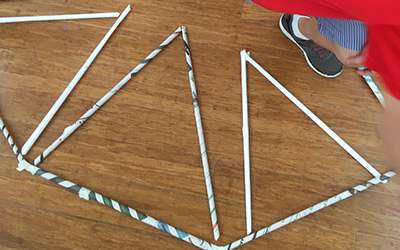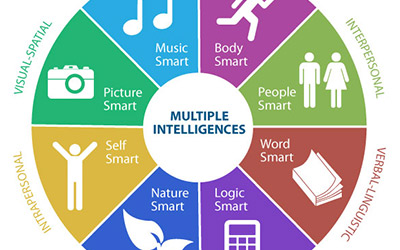In second grade, my daughter struggled with reading. She once made a bookmark that said: “Happiness is when the books are out of the house”. That all changed when we discovered The Magic Treehouse Series. She decided that she loved reading. We had to take the books away from her to get her to go to bed!
Math is the same way. I was shocked when my son couldn’t accept this second grade concept:
A plate and a bag are on top of a table.
There are 5 apples all together. 2 apples are on the plate. How many apples are inside the bag?
He could not visualize something inside the bag. I didn’t realize this was possible. But, why not? Of course, his perspective was different than mine.
I spent the next few minutes recreating this scenario on the floor where he was doing his math. I found 5 objects, a bag and a plate. It took him a long time to understand that there could be something counted that was hidden. It was a tough math lesson for me and for him! Do you see a pattern here? Even though my children are five years apart in age, second grade challenged their learning development in different ways. Your students and children will demonstrate these developmental hiccups and milestones throughout their academics. It is with your keen observation that you identify these key areas and scaffold or guide their learning using a different approach to help them grasp concepts that later develop critical thinking and problem-solving skills. Patience and perseverance are key elements for everyone!





0 Comments